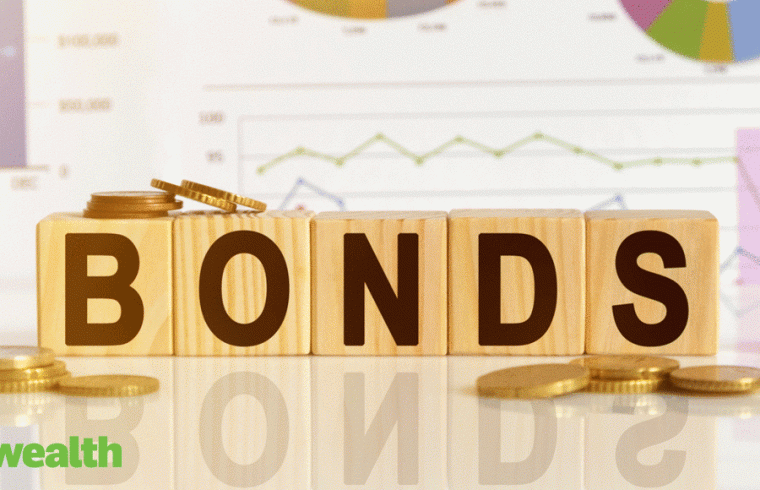
High net worth investors continue to chase listed tax-free bonds, as returns from other safe debt products have fallen. Since the interest is tax free, pre-tax effective returns are also high. This rush is pushing up prices of tax-free bonds and bringing down their yield to maturity (ytm). The ytm on most of these bonds are only around 4.5% now.
Consider capital gains tax and other transaction costs should you consider selling tax-free bonds. Assume that you hold PFC tax-free bonds with a coupon of 8.92%. Since it is quoting at Rs 1,430, the brokerage at 0.5% will be around Rs 7. The 10% tax on capital gain of Rs 430 (Rs 1,430 – investment cost of rs 1,000) will also make you poorer by Rs 43. The net proceeds you will get is only Rs 1,380 with a ytm of 4.95%.
So should existing investors shift from tax-free bonds? It depends on two factors – first, where you are going to invest the sales proceeds and second, the tax bracket you are in. “If your holding in tax-free bonds is small, switching to PPF is the best option. Sell slowly and invest Rs 1.5 lakh per annum in PPF,†says Anil Rego, Founder & CEO, Right Horizons. In addition to the tax free status, current returns (7.1%) offered by PPF is also good.
What are the options for people who hold tax-free bonds in large numbers? Fixed deposits from PSU banks or large private sector banks offer only around 6%. A taxable 6% doesn’t make sense for people in the 20.8% tax bracket or above. If you are ready to lock-in for seven years, you can consider the floating rate RBI bonds. Switching to RBI bonds will be beneficial for investors in the 20.8% tax bracket and not for people from higher tax brackets.
There is no reason to get worried about the floating rate nature of RBI bonds. “A 7.15% floating rate is a good option because investors will benefit when the rates start moving up,†says Rego. While everyone agrees that rates will remain low for now, it can’t remain this low forever. “Interest will start moving up later, maybe after a year, once economic activity picks up and GDP starts showing decent growth rates,†says Subramanya S V, Co-founder & CEO, Fisdom.







